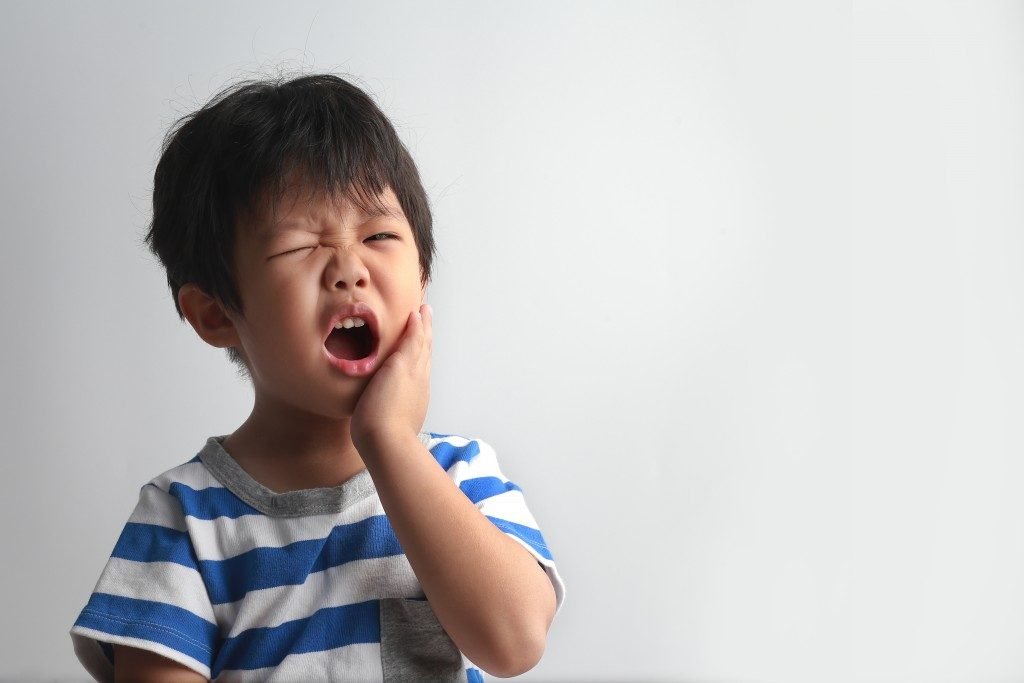An ‘ouchie’ on your kid’s tooth might be a big worry for you. While this can mean anything, in many instances, it’s due to tooth sensitivity. If your child constantly complains about sharp pain when biting or chewing food or brushing their teeth, take them to pediatric dentistry specialists in Kennewick, WA, immediately.
On that note, the following could be reasons they have suffering tooth sensitivity:
Decaying Teeth
As you know, this dental problem destroys the protective layer of the tooth, which is the enamel. When the enamel wears down, it exposes fragile inner tooth structures, which then leads to the sensitive feeling.
It’s important to address tooth decay immediately because the pain will be more intense and frequent the longer it’s not treated. Encourage your child to practice good oral routines, such as brushing twice a day and flossing to prevent tooth decays.
New Teeth
If it’s not rotting tooth, then perhaps it’s new teeth. As new teeth are exposed to food and air, they become more tender. When the replaced tooth falls out, make your children gargle warm water. Take note that brushing new teeth shouldn’t be too hard as it might irritate them.
And remember, it’s more important to prevent tooth decay at this point. So, practice correct brushing techniques with your kids, placing the brush at a 45-degree angle to eliminate plaque.
Chipped Teeth
Tooth sensitivity could also be due to a dental injury, say a chipped or broken tooth. This usually happens when someone bites on a hard object, such as an ice cube or candy, or trauma to the face from playing sports.
Dental injuries such as this expose the nerves inside the tooth, thus resulting in tooth sensitivity. Treatment depends on the severity of the problem, but tooth bonding or a root canal is the most common.
Don’t let your kids develop bad oral habits, such as chewing on ice. Remind them of safety precautions as well when engaging in physical activities to prevent chipped tooth.
Toothaches tell a great deal about your child’s oral health. Take them to their dentist to know what exactly is causing it.

